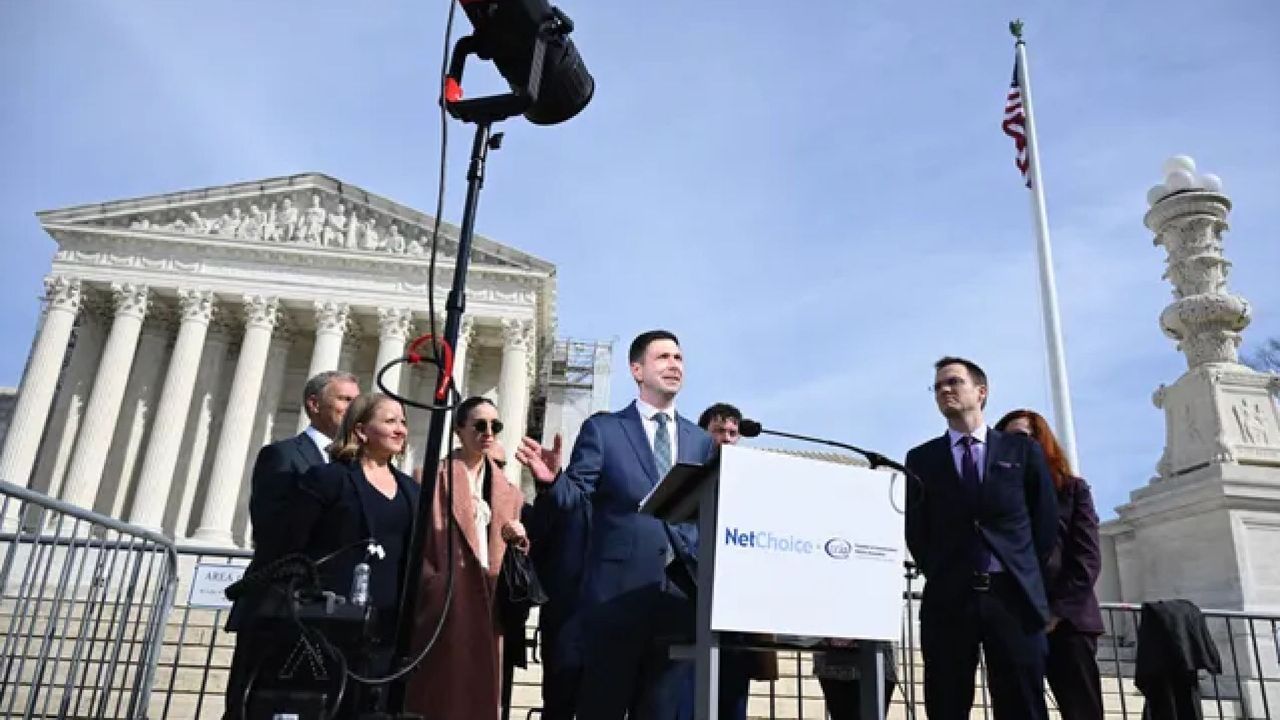Supreme Court questions social media laws
The Supreme Court questions Texas and Florida's laws regulating social media giants like Facebook and YouTube, citing concerns about First Amendment implications

The Supreme Court expressed doubt on Monday regarding the extensive laws enacted by Texas and Florida to oversee influential social media corporations such as Facebook, YouTube, TikTok, and X. The justices grappled with evaluating the significant First Amendment implications of the contentious legislation.
During a nearly four-hour discussion, the justices deliberated on one of the most closely monitored cases of the year, which has political undertones and could potentially alter how millions of Americans engage with social media in the lead-up to the presidential election.
In 2021 Texas and Florida introduced legislation that restricted the capacity of social media behemoths to regulate user-generated content due to concerns about the suppression of conservative perspectives. Fueled partly by the actions of Twitter and other major platforms in suspending former President Donald Trump following the Jan. 6 incident at the U.S. Capitol, these laws would significantly curtail the authority of social media companies to ban users or delete specific posts for violating platform guidelines.
Solicitor General Elizabeth Prelogar advocated for a limited approach, suggesting that the court should declare that states cannot dictate to Facebook, YouTube, and X how to moderate their content while deferring the broader questions about social media regulation for the time being.
Prelogar stated to the court regarding the Texas law, "It is unnecessary to delve into how the First Amendment applies to new technology in general or every conceivable website or the Internet specifically. This law exhibits a glaring flaw."
Various trade associations representing the nation's social media firms, along with the Justice Department, argue that the Supreme Court should invalidate these laws as they impinge on the companies' constitutional right to free speech, aligning with the court's 1974 decision that Florida could not mandate a newspaper to publish responses to its editorials.
Former U.S. Solicitor General Paul Clement, representing the social media platforms, remarked, "This case fundamentally concerns editorial choices. If platforms are obligated to display all content, they will devolve into chaos."
However, Texas and Florida contend that social media platforms resemble telephone companies more than newspapers, merely transmitting content created by users rather than producing it themselves.
Given that contemporary communication predominantly transpires online, if major social media corporations are permitted to suppress specific viewpoints, "the public forum will cease to exist," asserted Texas Solicitor General Aaron Nielson before the court.
Florida Solicitor General Henry Whitaker highlighted that Facebook and X differ from newspapers as they do not face space limitations, making it less onerous to mandate the display of any content posted by users.
Source: Newsroom







